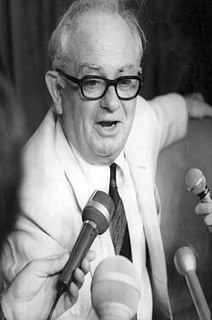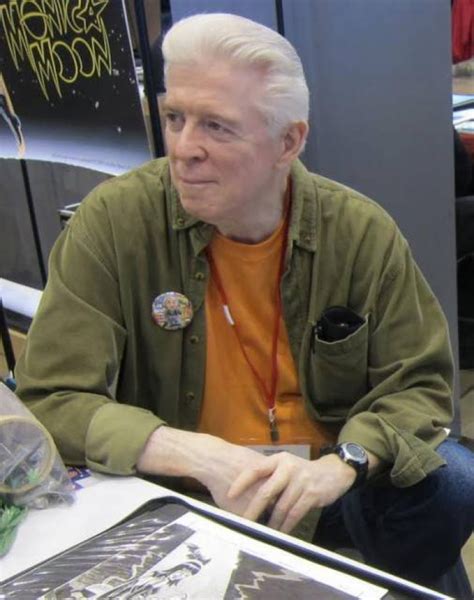A Quote by William J. Duiker
From the outset, when [Ho Chi Minh] became a member of the French Communist Party in 1920, he was an independent thinker who adjusted Marxist-Leninist ideas and tactics to what he perceived to be the concrete situation in Indochina.
Related Quotes
On many occasions in the late 1950s and 1960s, [Ho Chi Minh's] ideas were apparently ignored by those who felt that his approach was too naive and prone to compromise. The outbreak of open warfare with the French and later with the United States was in effect a sign of the failure of Ho Chi Minh to achieve his objective to fight and win at low cost.
I see no reason to believe that the Vietnamese Communist Party will lose control over the reins of power in Vietnam. There is no organized force in the country that is capable of competing with the VCP for power. And the party still believes that it must rule by intimidation and by dominating the political scene In effect, it has abandoned that part of Ho Chi Minh's legacy that the people must be won over by persuasion rather than by force - a dictum that Ho Chi Minh did not always follow himself.
I first became interested in Ho Chi Minh in 1964-1965 while I was stationed at the U.S. Embassy in South Vietnam as a foreign service officer with the Department of State. The government in Saigon was at the point of collapse and the [Lyndon] Johnson administration was preparing to send U.S. combat troops to prevent a communist victory there. I became convinced that the U.S. effort would not succeed because of the lack of conviction in the Saigon government compared to the discipline and sense of self-sacrifice among the Viet Cong.
When he served in China during World War II, [Ho Chi Minh] learned about Mao Zedong's tactics of guerrilla war against the Japanese (and later against Chiang Kai-shek's forces), and he translated some of Mao's works into Vietnamese. But it is clear that his own ideas on how to counter the enemy ran along the same lines.




















